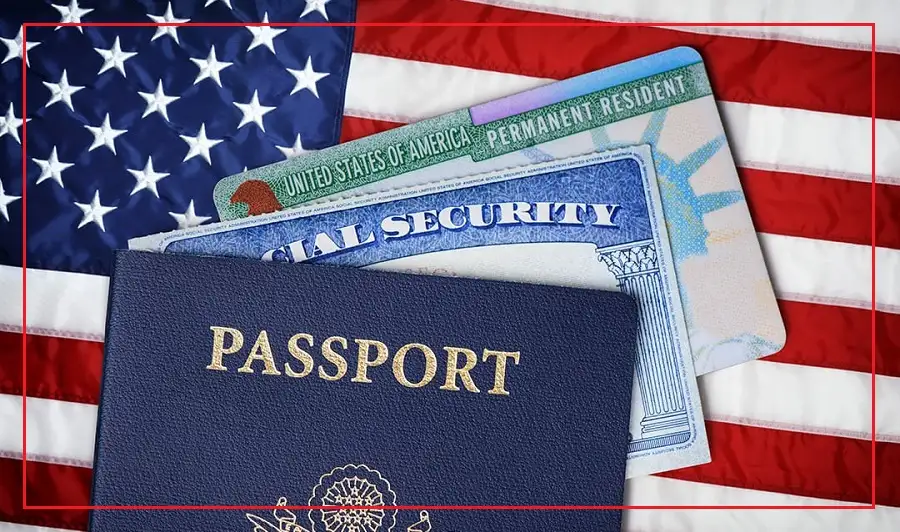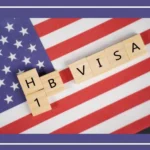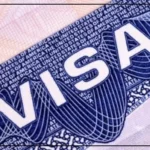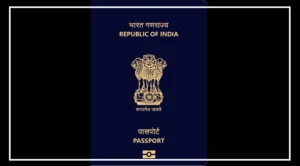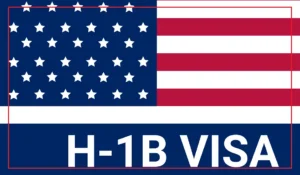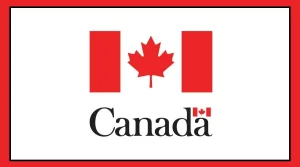The U.S. Department of State has announced major changes to visa interview rules, affecting both immigrant and non-immigrant visa applicants.
Starting November 1, 2025, all immigrant visa applicants must attend their interview at the U.S. embassy or consulate in their country of residence.
Alternatively, they may go to the consular district in their country of nationality if they ask for it, but only in special cases.
Earlier, applicants could choose more flexible interview locations.
Also, beginning September 6, 2025,
all non-immigrant visa applicants—such as those applying for visitor, student, or work visas—will need to schedule their interview at the U.S. embassy or consulate in their home country or country of citizenship.
If someone is from a country where the U.S. is not doing regular visa work, interviews must happen at specific U.S. embassies or consulates, unless the person lives in another country.
The State Department recommends checking the U.S. Visa News site for a full list of designated locations.
The countries with designated alternate visa processing locations include Afghanistan, Belarus, Eritrea, Haiti, Iran, Libya, Niger, North Korea, Russia, Somalia, South Sudan, Sudan, Syria, Venezuela, Yemen, and Zimbabwe.
As of now, there are no changes for Indian visa applicants.
Officials said these updates are part of a broader effort, started under the Trump administration, to tighten immigration rules and increase oversight.
The changes apply to all immigrant visa categories, including family- and job-based visas, as well as winners of the DV-2026 Diversity Visa lottery.
The National Visa Center (NVC) said most existing interview appointments will stay the same to avoid delays.
Humanitarian or medical exceptions will be very limited, and the rules for those have not been clearly explained.
Impact on Families and Workers
These changes reduce the past flexibility that allowed families to pick locations with shorter wait times or easier access.
Now, applicants may face longer separations, higher travel costs, and more complicated schedules—especially if they must go to another country.
Proof of residence might be needed when asking for exceptions.
Impact on Employers
For U.S. employers hiring foreign talent, the new rules may slow down hiring.
HR teams should prepare for longer visa processing times and extra travel costs for interviews at specific consulates.
Industries like technology and healthcare could be hit the hardest, as these changes may create delays in bringing skilled workers on board.


